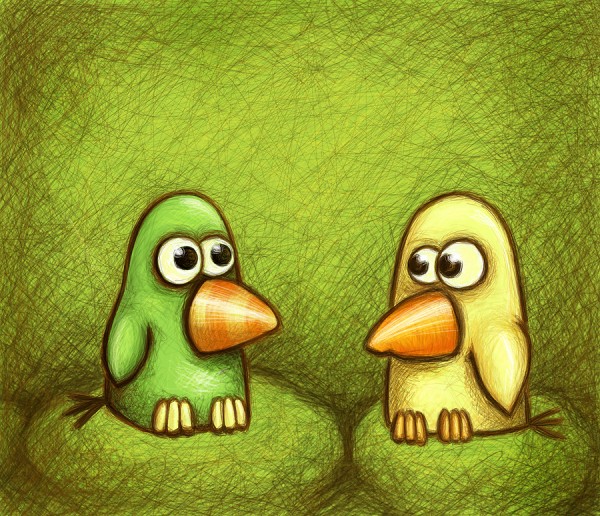How to Bond With Your Interviewer

You greatly increase your odds of receiving a job offer if you can make a strong social impression, so why not make the extra effort? Recruiters and hiring managers are just regular people – emotional creatures that crave personal connections. If you want to ace your next job interview, use these interview tips on the next go round.
- Make a Great First Impression: You never want to start off on the wrong foot. Engage in some customary small talk, but be prepared to switch gears when your interviewer gets down to business. Your demeanor should be professional and reflective of great confidence. At the same time, relax and look comfortable (but not too comfortable). You’ll know the right line to straddle by largely mirroring your interviewer’s attitude and behavior.
- Be Conscience of Body language:Attitude isn’t everything. Our body language speaks volumes on the way we conduct ourselves. Everything from your handshake to the way you sit can be analyzed to suggest attentiveness, trustworthiness and confidence. But don’t make yourself too crazy – it’s easy to over-analyze these actions as well. A good rule of thumb is to smile frequently, sit up straight, make consistent eye contact, and try not to shift around too much.
- Ask the Right Questions:The interview process is a two-way street – you’ll have the opportunity to ask your interviewer a number of questions about the position and the company before your time together comes to a close. Come prepared with a number of relevant and specific questions on hand, but don’t be afraid to ask interesting questions as the interview progresses. Quality, well thought-out questions suggest attentiveness and interest on your part while proving that you value your interviewer’s time. Remember that you are also interviewing the interviewer – asking the right questions is as important as having the right answers.
- Involve the Social Circle:Many interviews will take place over time and with multiple people on a particular team. Make sure that you discuss other people in your conversations. Use names and exact details. For example, if you are talking to Joe, say, “Joe, Mike was saying that you come from a background in finance. Did you have any trouble learning the insurance field?” What this does is tie you into the social circle. You are suddenly someone who knows the same people that they do. We are designed as humans to connect with people who know the same people as we do. This is a powerful tool for building relationships.
- Be Genuine: A word of caution – essential for acing any job interview is strong character and true integrity. You can’t make a strong connection with your interviewer if you’re faking your interest. Recruiters and hiring managers are trained to detect lies – they’ll see through your false sincerity if you don’t have your heart in it. Engage yourself fully in the process and push yourself to see eye-to-eye with your interviewer…you’ll be glad you did!
- End Personally: When it comes time to end the interview, make sure that you add as much of a personal touch as possible. Did the interviewer talk about an upcoming vacation? Talk about their kid’s music lessons? Circling back around to previously discussed topics shows the hiring manager that you care and that you are a good listener. Revisit your discussions as well in your thank you notes. Remember, the point here is to create a continuous flow – a real and genuine conversation that ends with a mutual decision for you to get hired.
In the end, most interviewers have to like you to hire you. Whether or not this is a good thing or not is another topic, but it is part of our reality. If you can relate emotionally to your interviewer and develop a real connection, you have a much greater chance of landing the job. Good luck out there!

